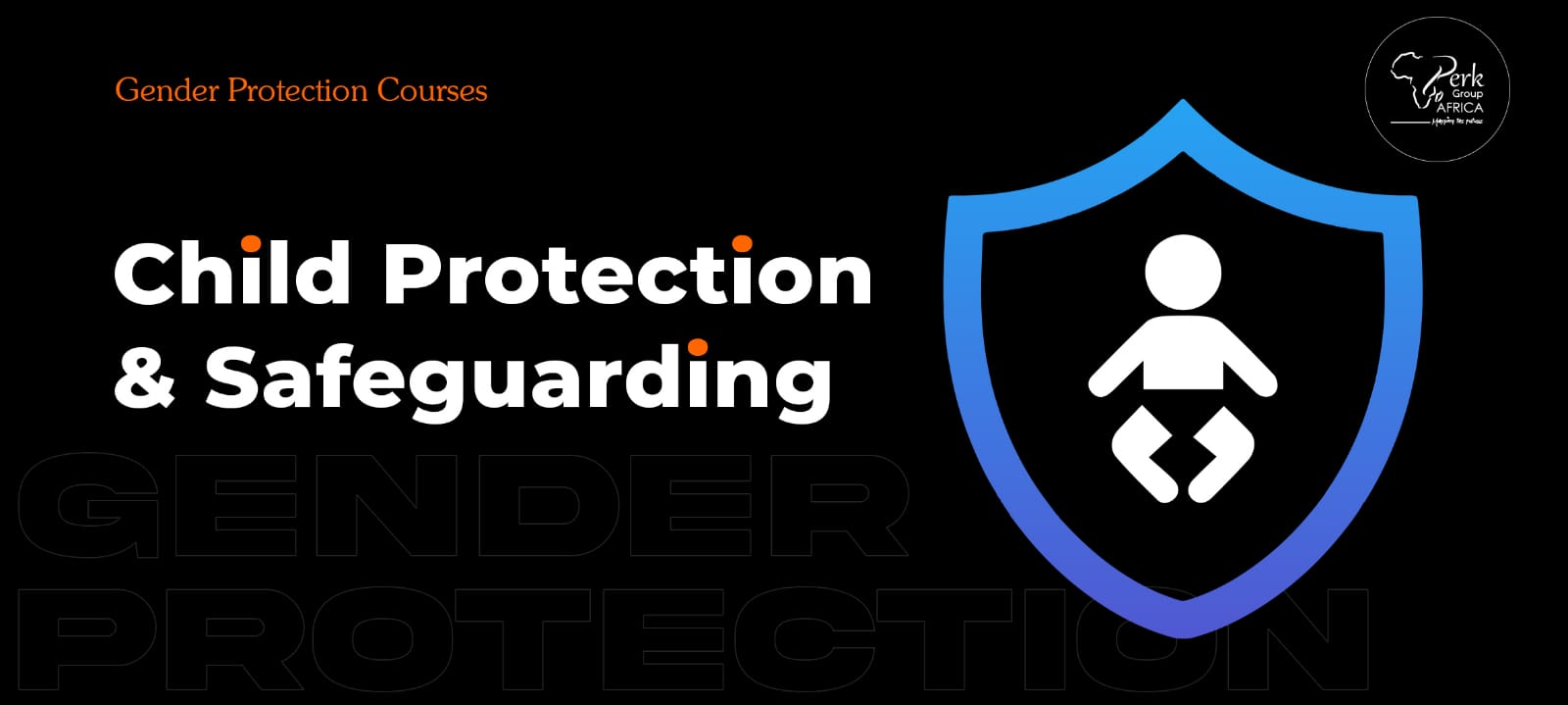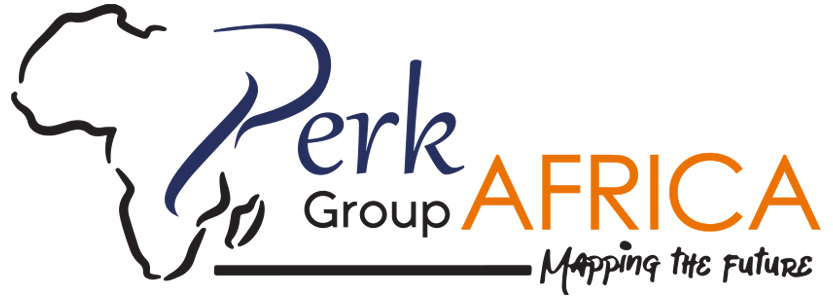
Training Course on Child Protection and Safeguarding
Course Overview
This course offers a concise and impactful exploration of the principles and practices necessary to ensure the safety, well-being, and protection of children. This course equips participants with the knowledge and skills to identify, prevent, and respond to child abuse, neglect, and exploitation, promoting a safe and nurturing environment for children.
Through interactive discussions, case studies, and practical examples, participants will gain a comprehensive understanding of child protection frameworks, legal obligations, and best practices. They will explore strategies for risk assessment, reporting mechanisms, and interventions to safeguard children from harm.
Course objectives:
By attending the child protection and safeguarding training course you will be able to:
- Understand risk factors that make children vulnerable.
- Develop knowledge of best practices in prevention, preparedness, and response to child protection.
- Develop skills to protect and safeguard children in emergencies
- Understand the minimum standards for protecting children in humanitarian settings
- Improve the prevention and response programming of child protection in different situations
- Develop response and contingency plans for child protection
Course Duration: 5 days
Module 1: Introduction to Child Protection
1.1 Understanding Child Protection
- Definition and importance of child protection
- Overview of child rights (UNCRC)
- Types of abuse and neglect
1.2 Legal Frameworks and Policies
- National and international laws related to child protection
- Local policies and procedures
- Reporting mechanisms and obligations
Module 2: Recognizing Signs of Abuse
2.1 Identifying Abuse and Neglect
- Physical, emotional, sexual abuse, and neglect
- Behavioral indicators of abuse in children
- Risk factors for child abuse
2.2 Case Studies and Group Discussions
- Analyzing real-life scenarios
- Group discussions on identification and reporting
Module 3: Responding to Concerns
3.1 Reporting and Responding
- How to report concerns effectively
- Responsibilities of professionals and organizations
- Dealing with disclosures from children
3.2 Creating Safe Environments
- Strategies for creating a safe environment for children
- Child-friendly communication techniques
- Developing a safeguarding policy for organizations
Module 4: Working with Families and Communities
4.1 Engaging Families
- Importance of family involvement in safeguarding
- Strategies for effective communication with families
- Working with parents and caregivers to promote child safety
4.2 Community Involvement
- Role of the community in safeguarding children
- Collaborating with local organizations and services
- Building networks for support and advocacy
Module 5: Practical Application and Building a Child Protection Framework
5.1 Building a Child Protection Framework
- Key components of an effective Child Protection Framework
- Steps to develop and implement the framework in organizations
- Best practices for monitoring and evaluating the framework
5.2 Role-Playing and Simulation
- Practical exercises to apply learned skills
- Role-playing different scenarios to practice responses
5.3 Course Review and Evaluation
Note: This outline provides a general structure for Child Protection and Safeguarding training. The specific content, activities, and duration of each session may be adjusted based on the target audience, learning objectives, and available time.
Classroom Training Schedule
| Start Date | End Date | Location | Cost | Apply |
|---|---|---|---|---|
| Jul 21, 2025 | Jul 25, 2025 | Nairobi | $ 1050 | Register |
| Aug 25, 2025 | Aug 29, 2025 | Nairobi | $ 1050 | Register |
| Sep 29, 2025 | Oct 03, 2025 | Nairobi | $ 1050 | Register |
| Nov 03, 2025 | Nov 07, 2025 | Nairobi | $ 1050 | Register |
| Dec 08, 2025 | Dec 12, 2025 | Nairobi | $ 1050 | Register |
Virtual Training Schedule
| Start Date | End Date | Location | Cost | Apply | |||
|---|---|---|---|---|---|---|---|
| Aug 11, 2025 | Aug 15, 2025 | Online | $ 400 | Register | |||
| Sep 15, 2025 | Sep 19, 2025 | Online | $ 400 | Register | |||
| Oct 20, 2025 | Oct 24, 2025 | Online | $ 400 | Register | |||
| Nov 24, 2025 | Nov 28, 2025 | Online | $ 400 | Register |
Course Language
This Training course is offered in ENGLISH . Please indicate the language of choice during registration.
Course Delivery
Presentations are well guided, practical exercise, a plenary presentation, and group work. Participants are encouraged to bring any data relevant to their job responsibilities. This is hands-on, product-oriented training and will mostly involve practical exercises. Each participant MUST bring along their own working laptop and android phone.
Certification
Upon completion of training, the participant will be issued with a certificate of Completion.
Tailor-Made Course
3 months post-training support, consultation, and coaching is a guarantee from us and will be available after the course.We can also do this as a tailor-made course to meet organization-wide needs. Contact us to find out more: training@perk-gafrica.com.
